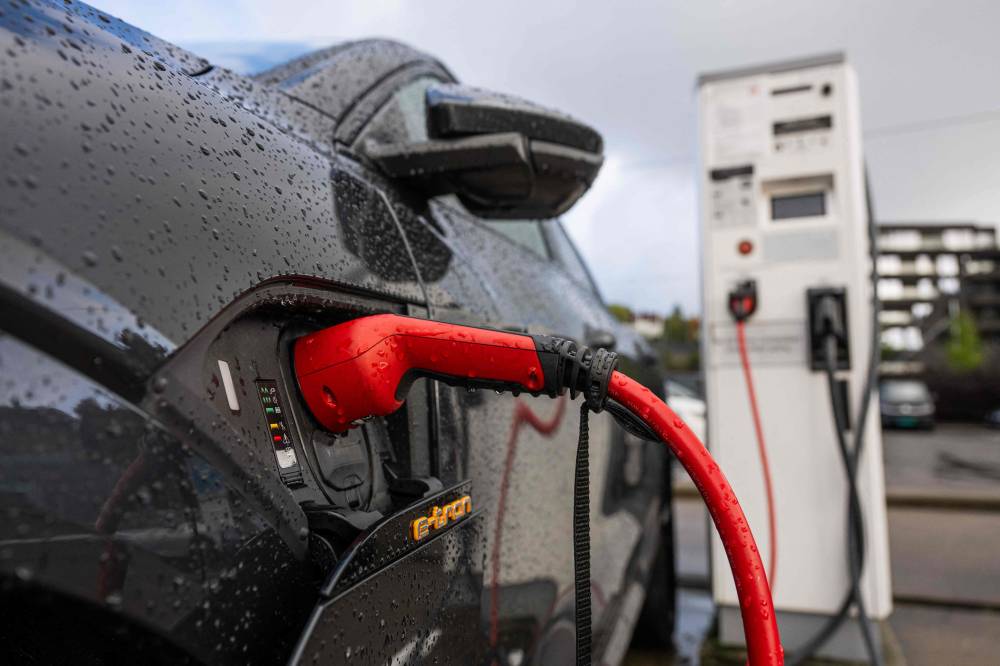Once drivers try EVs, they won't return to petrol - Geely
Early EV models priced at 500,000-600,000 yuan are now available for as low as 30,000 yuan, making them accessible to a broader market and fuelling their popularity.

HANGZHOU - Electric vehicles (EVs) are gaining momentum globally, with China at the forefront of this shift toward eco-friendly transportation.
Geely Holdings Group’s global communications lead, Ashley Sutcliffe, said that once drivers switch to EVs, "they won’t go back to petrol," underscoring the market’s transformative potential.
"It's like buying a car and then going back to a horse. It's really uncomfortable. I easily drove 3,000 kilometres on a road trip, and the electricity bill was 415 yuan (about RM255). In a petrol car, that would have been at least 1,500 yuan.
"Petrol here is twice the price of Malaysia, making it very expensive to use," he told Malaysian reporters recently.
The media delegation’s visit to Geely’s headquarters was part of the Malaysian Media Visit Programme to China, organised by the Malaysia-China Friendship Association (PPMC) to mark the 50th anniversary of diplomatic relations between the two countries.
Sutcliffe revealed that EVs have accounted for 53 per cent of China’s monthly car sales in recent months, equivalent to around two million units each month-a sign of rapid public acceptance and rising demand.
He noted that this surge is driven by extensive charging infrastructure and affordable prices.
Early EV models priced at 500,000-600,000 yuan are now available for as low as 30,000 yuan, making them accessible to a broader market and fuelling their popularity.
"So, once you have the scale, the price drops down, adoption goes up,” he said.
Malaysia’s EV market, he added, while still in its infancy, holds promise.
The government’s National Energy Transition Roadmap (NETR) aims for EVs to make up 80 per cent of the nation’s industry volume by 2040, with plans to establish 10,000 charging stations by 2025 and increase EV numbers to 500,000 by 2030.
Sutcliffe believes Malaysia’s renewable energy resources, such as solar, wind, and hydro, will ease EV infrastructure development.
"I believe this country will be a new energy leader in the future," he said, citing Malaysia's renewable energy potential.
He also stressed the importance of government initiatives in kickstarting infrastructure, adding, "Once the government gives that first push, the stone just keeps rolling." - BERNAMA












